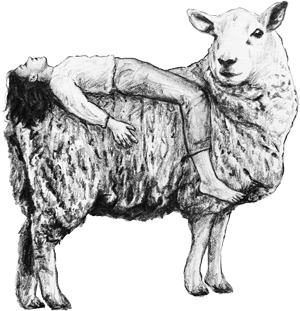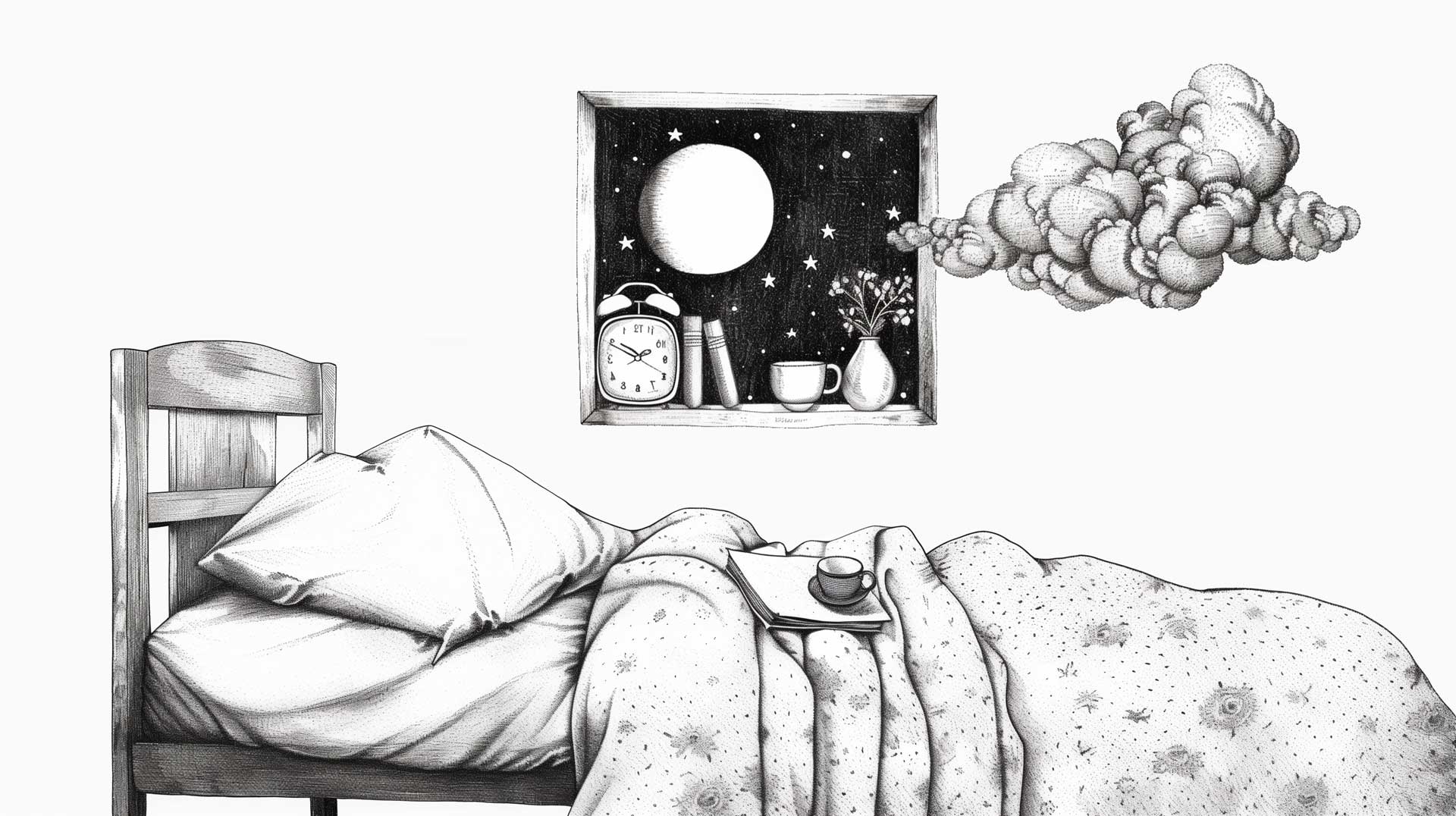If you're looking to enhance your sleep quality, struggling with persistent poor sleep, experiencing regular sleep interruptions, or dealing with any form of sleep disorder, this article is tailored for you.
Getting a good night’s sleep is important for your overall health, productivity and just well-being. So it’s good that you are asking yourself „How can I get better sleep“ and we might have the answer for you. You don’t need all the fancy sleep gadgets and techniques to start improving. Just focus on getting those 15 basics right and you will feel the difference soon.
It may sound rather boring than always trying out the latest trend in sleep improvement. But if you don’t get those basics right, there is nothing which can make up for it, no fancy gadget or special routine from your favorite influencer.
These simple tips are the foundation of good sleep. By following those guidelines, you can improve your sleep and wake up feeling refreshed and ready to tackle the day. Let’s dive into these essentials for better sleep!
Here are the 15 Basics for a healthy Sleep
- Stick to a Sleep Schedule: Go to bed and wake up at the same time every day, even on weekends. This helps your body get into a routine, making it easier to fall asleep and wake up. Use an alarm to remind yourself when it’s time to go to bed and when to wake up.
- Have a Relaxing Bedtime Routine: Do calming things at least 20 minutes before bed. Like reading a book, listening to quiet music, or taking a warm bath. This helps signal to your body that it’s time to relax and get ready for sleep. Avoid activities that are too exciting or stressful before bedtime.
- Keep Your Room Cool: Make sure your bedroom is cool, between 60-67°F (15-19°C). A cooler room helps you fall asleep faster and stay asleep longer. Use fans, air conditioning, or adjust your bedding to stay comfortable.
- Make Your Room Dark: Use blackout curtains or an eye mask to make your room as dark as possible. Darkness helps your body produce melatonin, which is the sleep hormone and makes you feel sleepy. Turn off or cover any small lights from electronic devices or bright lights from the outside.
- Reduce Noise: Keep your bedroom quiet. Use earplugs, a white noise machine, or soft music to block out disruptive sounds. A quiet environment helps prevent sleep disturbances and allows for deeper, more restful sleep.
- Avoid Screens Before Bed: Stop using phones, tablets, or computers at least an hour before bed. This also means not watching tv. The blue light from screens can make it harder to fall asleep by suppressing melatonin production. Even the night function on your phone or Laptop does not take out all the blue light. Read a book, listen to music, or do something else relaxing instead.
- Don’t Eat Big Meals Before Bed: Avoid eating large or spicy meals within at least two to three hours of bedtime. Meals including heavy foods which take longer to digest should be moved even further away from your bedtime. Digesting heavy meals can have negative effects in many ways and disrupt your sleep. If you’re hungry, have a light snack like a yogurt, banana or some nuts.
- Limit Caffeine and Alcohol: Don’t drink caffeine and avoid alcohol close to bedtime. Caffeine can keep you awake, and alcohol messes with your sleep cycle. You might feel like alcohol helps you sleep in faster. But the quality of your sleep will be way worse. Instead, drink water or herbal tea that doesn’t contain caffeine.
- Exercise Regularly: Try to get at least 30 minutes of physical activity most days, but not too close to bedtime. Exercise helps you sleep better by reducing stress and making you tired, but doing it late at night can have the opposite effect and keep you awake.
- Practice Relaxation: Do relaxation techniques like meditation, deep breathing exercises, or gentle yoga before bed. These activities help calm your mind and body, making it easier to fall asleep. Find what works best for you and make it a part of your bedtime routine.
- Get a Comfortable Mattress: Make sure your mattress is comfortable and supports your body well. A good mattress can prevent aches and pains, helping you sleep better. If your mattress is old or uncomfortable, consider investing in a new one that suits your sleep needs.
- Use the Right Pillows: Choose pillows that properly support your neck and head. The right pillow can keep your spine aligned, preventing neck pain and discomfort. Consider your sleeping position when choosing a pillow to ensure you get the best support.
- Keep Naps Short: If you need to nap during the day, keep it to 20-30 minutes and avoid napping late in the afternoon. Long or late naps can make it harder to fall asleep at night. If you feel tired, a short nap can help, but don’t overdo it.
- Get Sunlight During the Day: Spend time outside in natural light, especially in the morning. Sunlight helps regulate your body’s internal clock and improves your mood. Try to get at least 30 minutes of sunlight each day to help with your sleep cycle.
- Drink Less Before Bed: Reduce the amount of liquids you drink in the evening to minimize trips to the bathroom during the night. Stay hydrated during the day, but cut back on fluids a few hours before bedtime to avoid waking up in the middle of the night.
Conclusion
So, if you’re dealing with sleep problems, sleep disrupters, or just plain trouble sleeping, focusing on these 15 basics can help you sleep better at night. You don’t need fancy gadgets or the latest trends, just stick to these simple, effective tips and improve your sleep naturally.
Keep in mind that the best way to see results is to implement changes gradually over time. It may take a few days or weeks to see the effects. But improving slow and steady is better then losing motivation after a couple of days because it was just to much to impelemnt 15 techniques. So, start one by one with these fundamentals and experience the benefits of better sleep!



